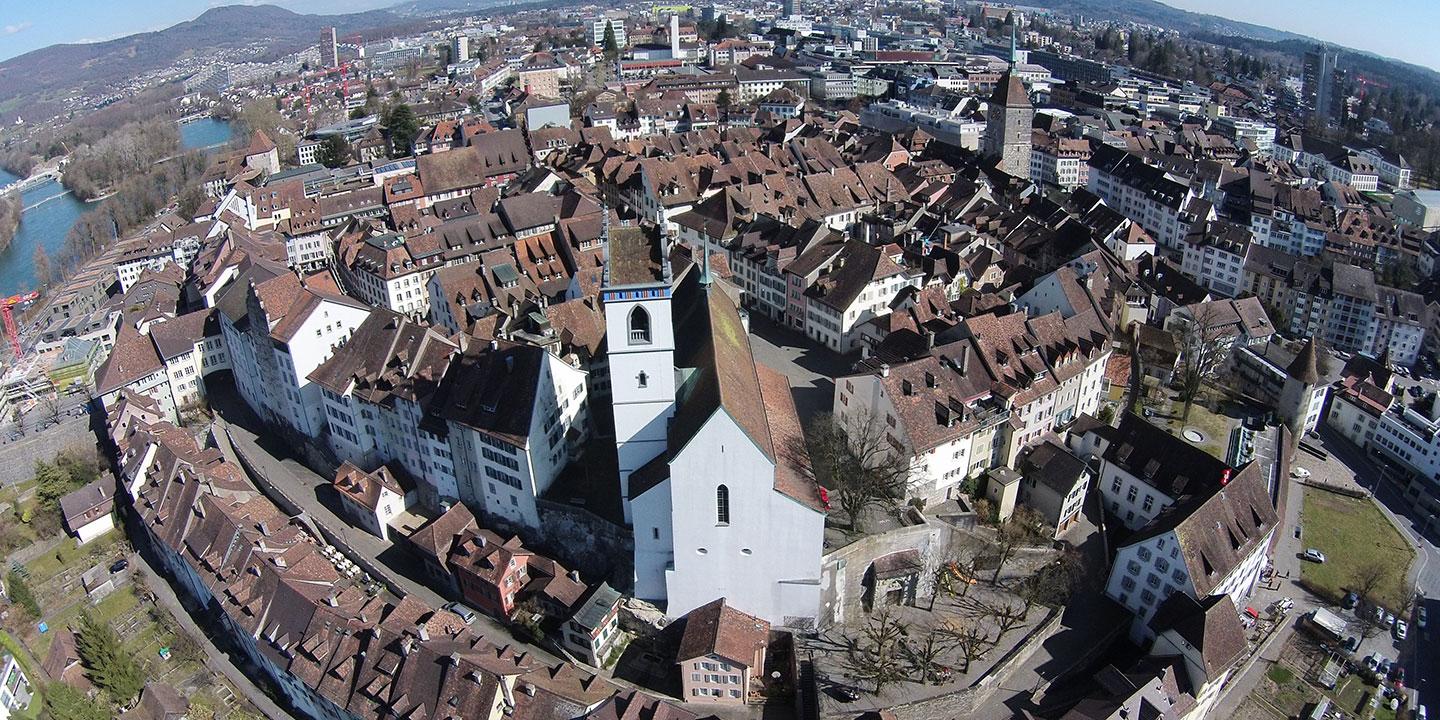Trust and legitimation in the digital democracy

Online platforms offer new opportunities to come to political decisions together. A real-life example shows that using a proportional voting method increases legitimacy and trust.
Project description (completed research project)
Democratic voting in times of digital transformation: This project investigated various methods of digital voting that strengthen trust and legitimacy. In pioneering research, the team tested a completely new method, proportional voting, by going through a budget process in Aarau. Residents of Aarau were able to submit projects that they would like to see realised in their city. After a feasibility check, the population voted digitally on these projects. The projects with the most votes were carried out within the framework of the allocated budget. Participants were surveyed before and after the data-collection phase in the first half of 2023, during which the participatory budgeting took place. The project team analysed how the process and voting via the online platform affected trust and legitimacy as well as the ability of users.
Background
To tackle today's complex, dynamic and interdependent challenges, we need a resilient society – for example, one based on collective intelligence and co-evolution. Involving different perspectives can be a means to arrive at legitimate and trustworthy political decisions. This is in line with current democratic theory, which emphasises the inclusion of all citizens.
Aim
The project team trialled various voting methods for political decision-making and investigated how these affect fairness, legitimacy and trust. The new capability to cast votes and calculate votes digitally opens up new possibilities, which this project aimed to explore.
Relevance
The project makes an important contribution to the development of democratic decision-making processes in the digital age, as well as to the fair distribution of resources. It shows how new voting methods, especially proportional procedures, can strengthen perceived legitimacy and trust. The practical implementation in the participatory budget process of Aarau also illustrates how research and the community can benefit from one another in concrete terms.
Results
The project team was able to show that a new (proportional) voting procedure is perceived as more legitimate than traditional (majority-based) procedures. In addition to theoretical analysis, the researchers also provided practical evidence. In the city of Aarau, the population was able to vote digitally on 33 different projects, 17 of which were selected and realised by the end of 2024. The fact that many Aarau residents wanted the project to be continued testifies to the success of this digital decision-making method and demonstrates that a budget process can be an effective means of involving citizens in innovative policymaking.
Three main messages:
1. Legitimacy has several dimensions
Whether a political decision is perceived as legitimate depends on various factors: whether you have a say (input), how fair the process is (throughput) and how satisfied you are with the outcome (output). In traditional voting, these aspects are often perceived together. In new formats, such as the participatory budget process in this case study, they were assessed separately. People thus considered more actively whether the process and the result were fair. The quality of the process is particularly important here. However, even a fair process cannot fully compensate for unsatisfactory results, which illustrates the complex interaction of the dimensions of legitimacy.
2. Proportional voting is perceived as fairer
If people can distribute their votes among several projects and the evaluation is carried out according to a proportional procedure, they feel better represented, perceive the process as fairer and are more satisfied with the result - compared to classic majority procedures. Proportional voting can therefore strengthen legitimacy at all levels.
3. Voting methods should be tailored to the situation
If voting methods are adapted to the specific decision-making process, they can be fairer, more inclusive and more credible. The project demonstrates that participatory processes are particularly helpful in difficult or complex situations. Digital tools offer new opportunities to implement such votes but also present hurdles, such as accessibility. More research is needed to ensure that such methods work nationwide. Other potential applications include decisions regarding the distribution of funds or resources.
Original title
Decision-making process supported by a participatory platform: Consequences on trust, on legitimacy of the political decision, and user skills
